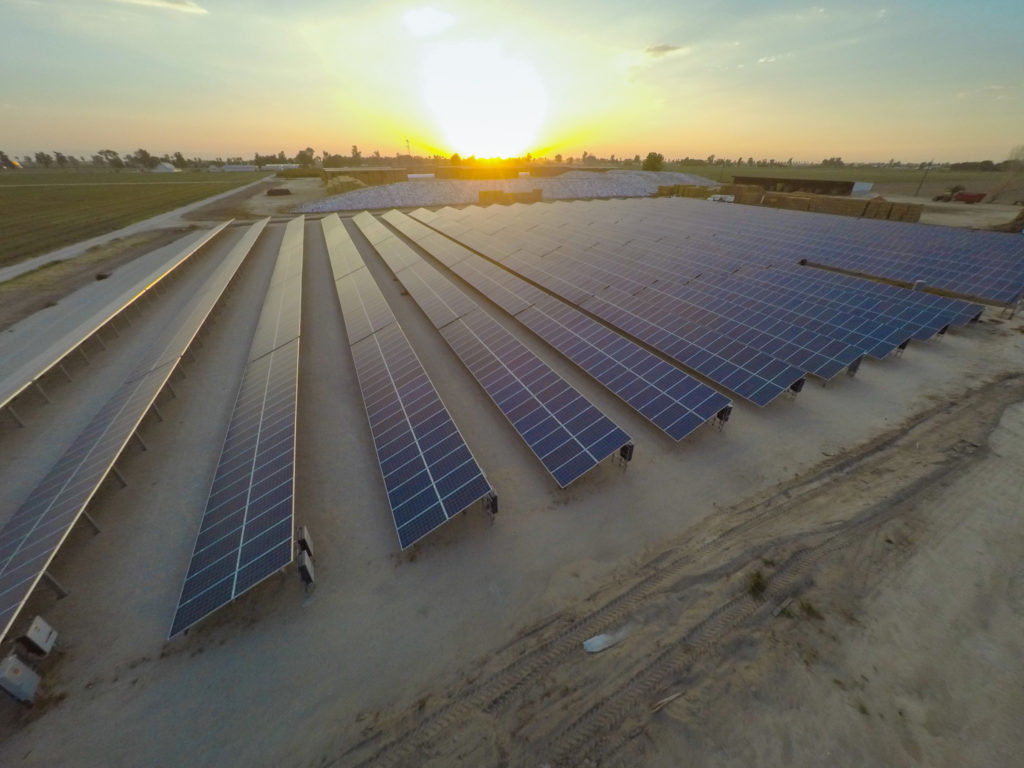
By Frank Andorka, Senior Correspondent
The legislature giveth with one hand and seems poised to taketh away with the other hand from the Illinois renewable energy providers.
Despite a recent survey by CleanChoice Energy that shows 83% of Illinois residents want to have the choice of clean energy as an option to supply their homes and state-sponsored support under the Future Energy Jobs Act of 2016, action in the legislature later this week could diminish solar’s growth considerably if two amendments to SB 1531 are passed as part of the bill.
At issue is the idea of “automatic renewals,” a practice widely practiced by utilities to keep customers on board. For decades, this practice allowed customers to stay with utilities automatically unless they specifically sought to change their providers.
It keeps customer-acquisition costs low – renewals of existing customers are much less expensive than getting new customers. But an amendment to SB 1531 would end the practice for “alternatives suppliers” which, in the case of Illinois, means renewable energy providers.
There are three significant problems that the amendment would engender in the renewable energy community:
Ultimately, this is an underhanded way for utilities to keep the field tilted in their direction, and it’s one solar advocates should work to stop.
We’ll be discussing this and other issues concerning the Illinois solar market at our upcoming SolarWakeup Live! event in Chicago on June 21. Tickets are going fast, so reserve your spot now.
More:
CleanChoice Energy poll finds majority of Illinois residents want clean energy option


